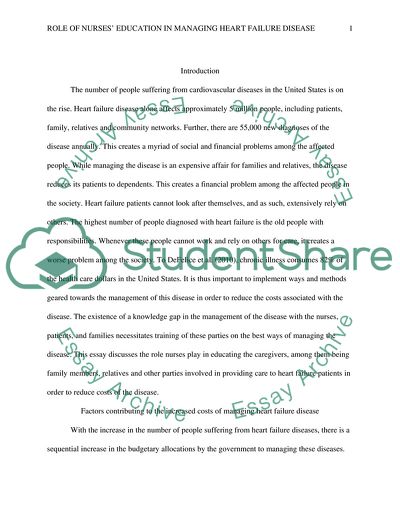Cite this document
(Multidisciplinary approach to managing heart failure Research Paper, n.d.)
Multidisciplinary approach to managing heart failure Research Paper. https://studentshare.org/medical-science/1807018-multidisciplinary-approach-to-managing-heart-failure
Multidisciplinary approach to managing heart failure Research Paper. https://studentshare.org/medical-science/1807018-multidisciplinary-approach-to-managing-heart-failure
(Multidisciplinary Approach to Managing Heart Failure Research Paper)
Multidisciplinary Approach to Managing Heart Failure Research Paper. https://studentshare.org/medical-science/1807018-multidisciplinary-approach-to-managing-heart-failure.
Multidisciplinary Approach to Managing Heart Failure Research Paper. https://studentshare.org/medical-science/1807018-multidisciplinary-approach-to-managing-heart-failure.
“Multidisciplinary Approach to Managing Heart Failure Research Paper”. https://studentshare.org/medical-science/1807018-multidisciplinary-approach-to-managing-heart-failure.


